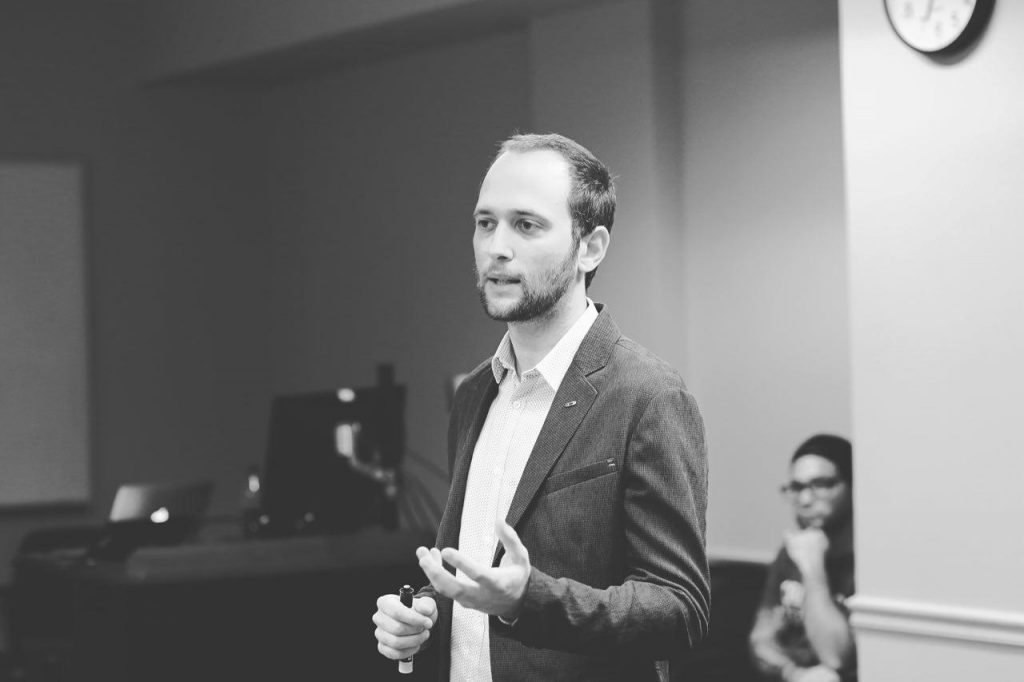
Anshare (Interviewer): What university did you graduate from and what field did you get your PhD in?
Raúl (Interviewee): I studied Physics at the Complutense University of Madrid and the University of Seville. I got my PhD from the Spanish National Research Council and the University of Granada.
A: How did you become interested in your current field of study?
R: I decided to study Physics because I wanted to become a researcher in theoretical physics; in particular, to better understand general relativity and quantum mechanics as well as their possible unification into a theory of quantum gravity. My initial interests were biased towards mathematics, as I enjoy the elegance of mathematical proofs however, I did my PhD at an astrophysics institute, so I was exposed to research topics that were eminently empirical (and therefore, kind of the opposite). My education at the institute changed the way in which I understand research and science in general.
A: Tell me a little bit about your area of research and what is your process when conducting research.
R: While most of my work can be classified into the following research areas, gravitational physics, modified gravity or quantum gravity, and phenomenology, I tend to think about research in abstract terms. Doing research, for me, is about being able to extract robust and novel conclusions from a given set of initial assumptions through a rigorous analysis that may involve diverse kinds of techniques. For me, this abstract process is more important than the specific topic or the tools themselves: if done correctly, it guarantees the quality of the outcome.
A: How did you hear about FSI, and why did you want to do your postdoc here?
R: I had visited Orlando a couple of years ago and had the chance of interacting with some members of FSI as well as the director. After these conversations, I realized that FSI would provide a stimulating environment in which I could apply my knowledge to diverse scientific problems.
A: What are your future plans for your research and career?
R: I just want to keep doing what I enjoy, which is learning and producing research that I feel represents a step forward in terms of knowledge for the corresponding research areas.
